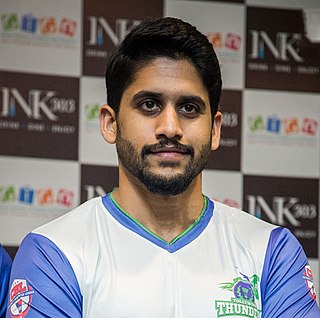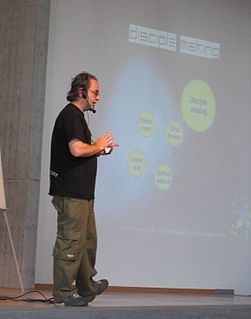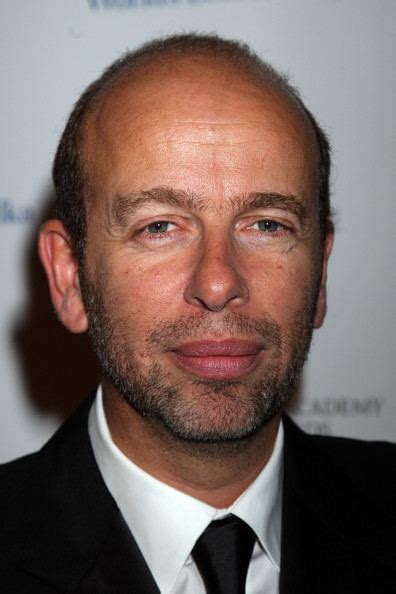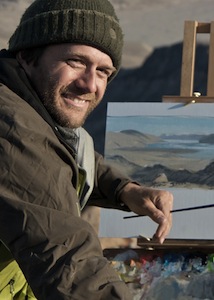A Quote by Haile Gerima
Most young people make films to be accepted, to be discovered, when in fact that was the last idea with the group I went to film school with. To be discovered was not our intention. Our intention was to tell our story our way, and make our own mistakes and learn from film to film.
Related Quotes
Our idea to remake the Malayalam 'Premam' was not to make a better film than the original film or correct the mistakes they made or perform better than that hero. The soul of the Malayalam movie was taken and changed a bit to match with the Telugu sensibilities so that our audience can enjoy the movie.
I believe that our society's "mistake-phobia" is crippling, a problem that begins in most elementary schools, where we learn to learn what we are taught rather than to form our own goals and to figure out how to achieve them. We are fed with facts and tested and those who make the fewest mistakes are considered to be the smart ones, so we learn that it is embarrassing to not know and to make mistakes. Our education system spends virtually no time on how to learn from mistakes, yet this is critical to real learning.
When we experience a film, we consciously prime ourselves for illusion. Putting aside will and intellect, we make way for it in our imagination. The sequence of pictures plays directly on our feelings. Music works in the same fashion; I would say that there is no art form that has so much in common with film as music. Both affect our emotions directly, not via the intellect. And film is mainly rhythm; it is inhalation and exhalation in continuous sequence.
Avatar is the most high tech film in terms of its execution, dealing with essentially a very low tech subject; which is our relationship with nature...and in fact the irony is that the film is about our relationship with nature and how our technological civilization has taken us several removes away from a truly natural existence and the consequences of that to us.


































